HSLS offers classes on database searching, software applications such as Adobe Photoshop, bibliographic management, molecular biology and genetics, and library orientations. For more information, visit the online course descriptions.
Classes are held on the first floor of Falk Library (200 Scaife Hall) in Classroom 1 and on the upper floor of the library in Classroom 2. All classes are open to faculty, staff, and students of the schools of the health sciences at the University of Pittsburgh. They are also open to UPMC residents and fellows.
No registration is required for any of these classes. Seating for classes is first-come, first-served, until the class is full. Faculty, staff and students of the schools of the health sciences will need a valid Pitt ID or e-mail account to attend these classes. UPMC residents/fellows will need to show their UPMC IDs.
Classes marked with an asterisk (*) qualify for American Medical Association Category 2 continuing education credit.
Class schedules are subject to change. Please consult the online class calendar for the most current information.
FlashClass
FlashClass is a “deal of the week” Groupon-like offer of timely and useful learning. Each week’s offer proposes one or two topics, and you’re invited to sign up to attend a one-hour class the following week. If at least three people sign up, we’ll hold the class. (We’ll notify you either way.)
HSLS CLASSES
Adobe Photoshop (Falk Library Classroom 2)
| Monday, February 3 |
12:30-2:30 p.m. |
|
Advanced PowerPoint for Presentations (Falk Library Classroom 2)
| Tuesday, February 11 |
1:30-3:30 p.m. |
|
EndNote Basics (Falk Library Classroom 2)
| Tuesday, February 18 |
3-5 p.m. |
|
Painless PubMed* (Falk Library Classroom 1)
| Wednesday, February 5 |
11:30 a.m.-12:30 p.m. |
| Thursday, February 13 |
3-4 p.m. |
| Monday, February 17 |
9-10 a.m. |
| Tuesday, February 25 |
Noon-1 p.m. |
MOLECULAR BIOLOGY AND GENETICS RESOURCES
Gene Regulation Resources* (Falk Library Classroom 2)
| Wednesday, February 5 |
1-4 p.m. |
Cancer Informatics* (Falk Library Classroom 2)
| Wednesday, February 12 |
1-4 p.m. |
Pathway Analysis Tools 1* (Falk Library Classroom 2)
| Wednesday, February 19 |
1-4 p.m. |
Pathway Analysis Tools 2* (Falk Library Classroom 2)
| Wednesday, February 26 |
1-4 p.m. |
CUSTOMIZED CLASSES
Customized classes can be developed for your department, course, or other group.


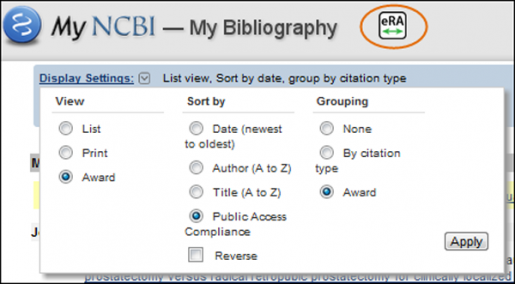
 The First Consult App provides access to evidence-based medical information at the point-of-care without an Internet connection. Data is stored on your mobile device, so access is instantaneous. The app is available to Pitt and UPMC users through the HSLS subscription to the
The First Consult App provides access to evidence-based medical information at the point-of-care without an Internet connection. Data is stored on your mobile device, so access is instantaneous. The app is available to Pitt and UPMC users through the HSLS subscription to the 

